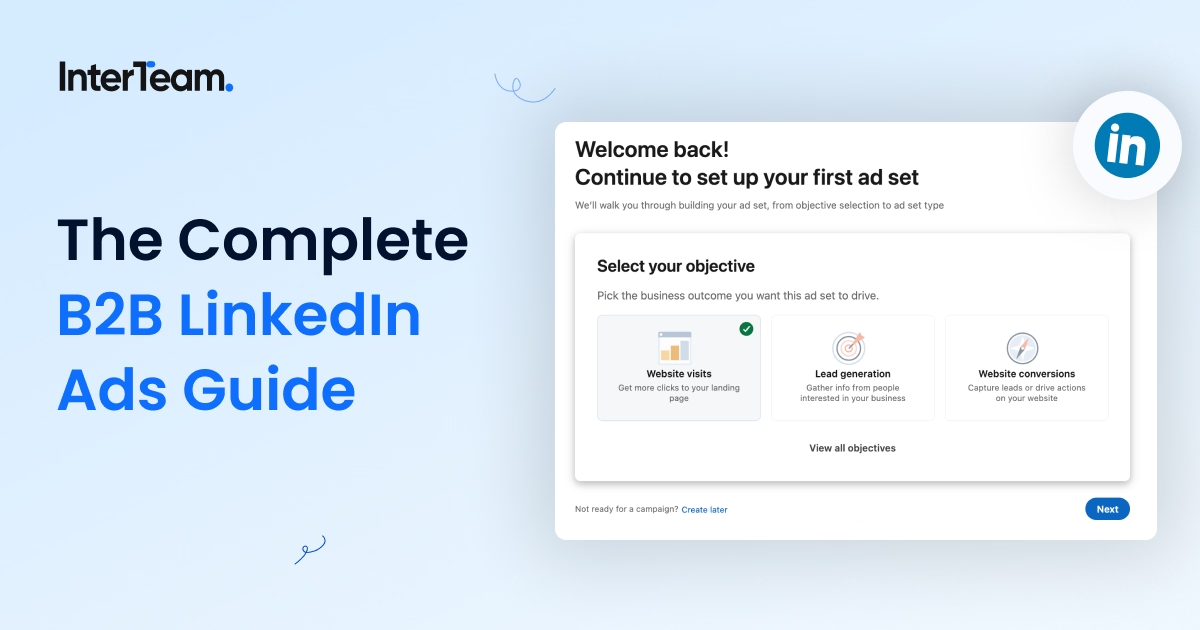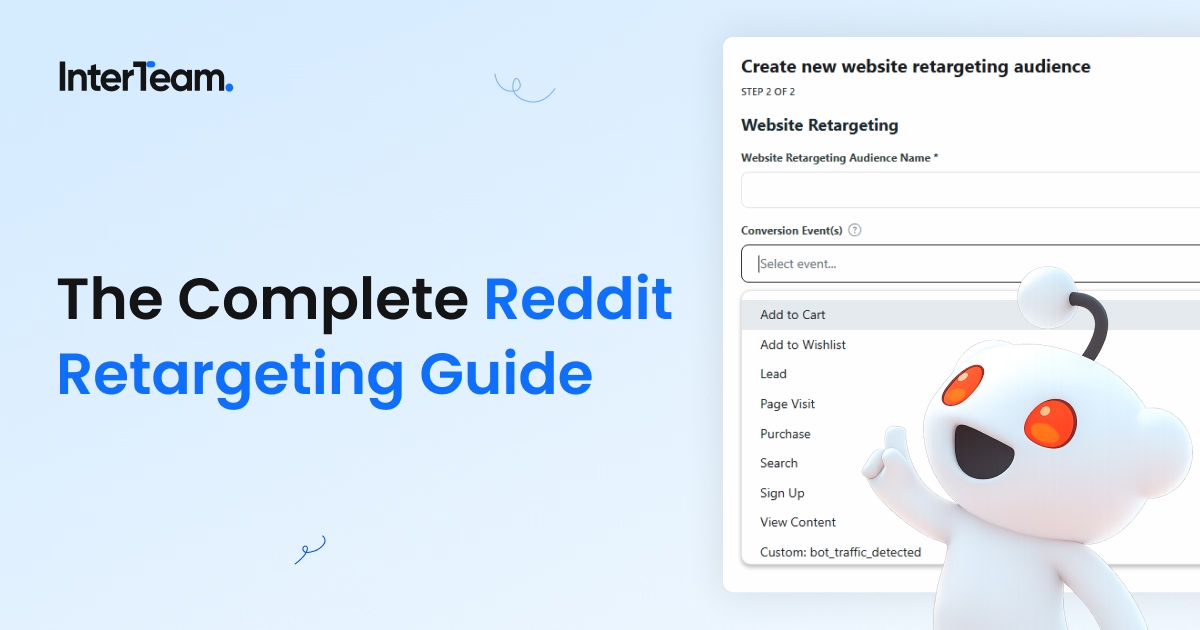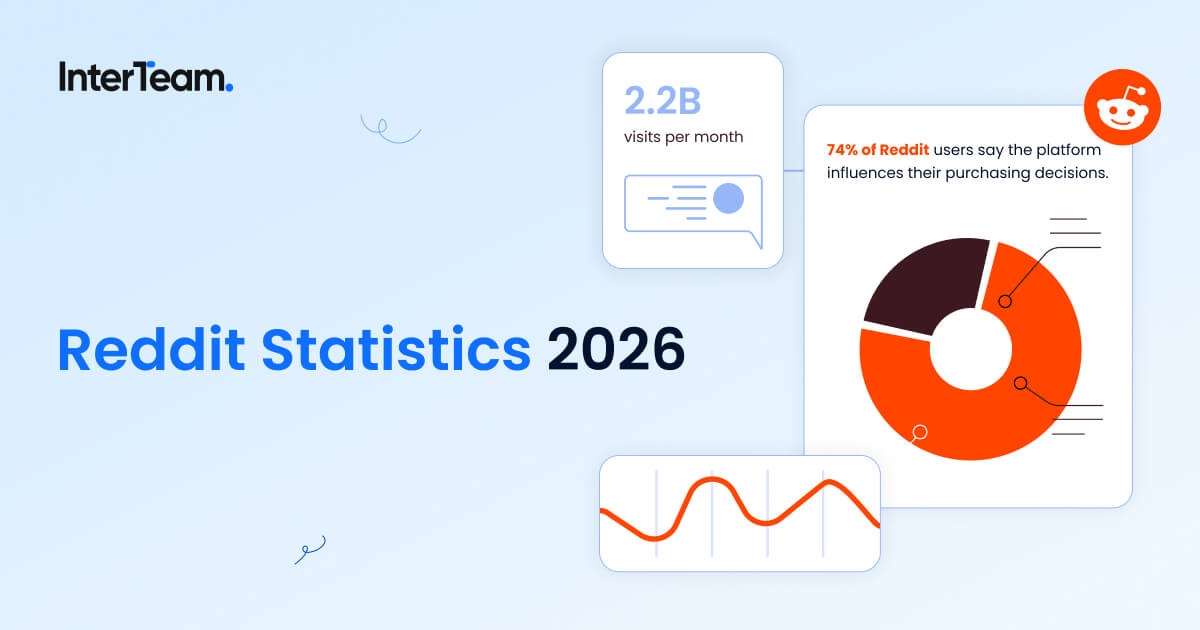How To Do Keyword Research For Google Ads
Overview
According to ahrefs, 95% of all keywords have a monthly average search volume of 10 or less. Combine that with the fact that 0.0008% of keywords have a monthly average search volume higher than 100,000, and you'll start to see how crucial keyword selection is to your ad campaign.
Targeting the right keywords means reaching a higher volume of users, more interested consumers, and spending less time and money.
This guide will help you set up a pay-per-click (PPC) campaign that will outperform your competitors using 5 proven tactics.
First, let's cover how and why you should structure your account.
Structuring Your Account
Choosing the ideal Google AdWords account structure can feel overwhelming due to the high number of possibilities.
To simplify the process, consider your options based on your goals, budget, region, company size, and industry.
Next, consider two ad group factors:
- Search volume
- Keyword count
If you’re already running a Google Ads campaign and are more interested in optimization, read this.
Search Volume & Keyword Count
Here's how to determine whether you should go for a higher keyword count or a higher search volume (higher cost-per-click).
To determine keyword search volume versus keyword count, first, understand that keyword search volume refers to the number of times a particular keyword was searched for over the course of a month.
If your ad group has a single keyword with a volume of 10 and a CPC of $10, then that should, theoretically, produce the same results as having 10 keywords with a volume of 1 and a CPC of $1.
In reality, results will vary based on the level of the intent behind each keyword.
High-intent keywords (those entered by users further down the sales funnel) usually have lower volumes.
Once you've determined which keywords are the highest in buying intent, evaluate both search volume and audience size.
The goal is to target keywords that generate an ample number of searches while targeting an audience large enough to get an ROI.
Next, decide if you should go with multiple low-volume keywords or one high-search-volume keyword. This will depend on your budget, marketing goals, and A/B testing for the best strategy.
Last, monitor your keyword search volume and count regularly. Over time you'll discover which keywords are generating the most traffic and conversions.
1. Keyword Relevance
When setting up a Google Ads campaign, knowing what's relevant to your target audience and what terms they are likely to use when searching for your product or service is key.
To do this, you have to put yourself in their shoes. Start by brainstorming and jotting down any and every idea you have related to keywords your customers might use.
Don't forget to include synonyms and alternate spellings. Include both head terms and long-tail phrases.
Next, look at the landing pages your ads will link to. Use this information to create a list of generic terms, related terms, brand terms, and competitor terms that might be applicable. Then record every potentially relevant keyword.
Now it's time to narrow down your list. Ask yourself what you would type into a Google search if you wanted to find the product or service in question. Consult with colleagues, associates, and current customers to learn more realistic search terms for your products and services.
Finally, consider the costs of your keywords. You'll have to place a higher bid on more popular keywords, but if you use low-price long-tail keywords you'll keep costs down while still getting clicks and conversions.
2. PPC Templates
Using a PPC planning template helps you choose the right keywords for Google Ads by keeping your PPC campaigns organized.
You can view how your ads will appear online and keep track of your character counts.
Additionally, you'll get valuable insight into the best keywords to target and the most effective bidding strategies.
All of this works to maximize your return on your advertising budget by ensuring that your campaigns are well-targeted and relevant to the right audience.
3. Negative Keywords
When choosing keywords for Google Ads, it's important to exclude irrelevant keywords in order to reduce your costs and exclude irrelevant terms.
Below is a step-by-step guide on how to do this.
Step 1: Narrow Down By Location
Begin by using Google Ads Keyword Planner to access the history of certain keywords and their performance in the country or region that you are targeting.
If you're targeting customers in multiple countries, states, cities, or regions, you can add all of them at once by editing the “location” field.
Step 2: Choose Which Platforms You Want Data For
Here, you can select whether you want to do keyword research just for Google Ads placements or for both Google Ads and the placements on the search network.
Step 3: Use Filters to Find High-Potential Keywords
Use the “add filter” button to set a filter for average monthly searches. You can set the average to be 30 or higher monthly searches per keyword.
Step 4: Refine Keywords Through Google
On the right side of the Keyword Planner, you will find the “refining keywords” tool. This will allow you to choose which keywords you want to include or exclude from the list.
Uncheck all the boxes for irrelevant keywords to remove them from your list and make it easier to find the relevant keywords.
4. Google AdWords Keyword Tool & Google Trends
Through Google Trends, you can track the popularity of certain topics and phrases to better understand the language your target audience uses to search for your services or products.
This helps you create a keyword list tailored to your specific needs. Additionally, the Keyword Tool offers keyword suggestions based on searches related to the terms you enter. It can also provide you with data on keyword competition, search volume, and other related terms.
Start by using the Google Ads Keyword Tool. Enter a word, phrase, or webpage related to what you want to advertise, then select relevant keywords from the results.
Keep in mind that although you may be an expert in your field, customers may not use the same words to search for your services. So, use Google Trends to research how the public speaks about your industry and the terms they use to search for it.
Once you have a list of keywords, you can create separate campaigns for each keyword group. This helps you organize your account and ensure that the keywords you use in your ads are relevant to both the content of your ad and the page you’re directing customers to.
Last, use auto-completion keyword tools to find additional keywords that may not be included in your initial list. Doing so can help you reach more people and increase your chances of success.
5. Landing Page Optimization
When a user clicks on an ad, they should be taken to a landing page that is optimized for conversions.
Message match should be in place along with a conversion ratio of 1:1. Connecting the PPC ads with a relevant landing page also improves Quality Score, thus increasing the Ad Rank and making your ad more likely to appear in search engine results.
On the landing page itself, remember to use your major selling features to persuade the user to take the next step with you rather than one of your rivals. Avoid mimicking your competitor's landing page and ad copy ad. Otherwise, the result is that you're offering nothing new of value to your audience, and fail to differentiate yourself from competitors.
Instead, always emphasize the unique benefits, and competitive advantages your company has to offer prospective clients. That said, be sure to follow what your rivals are doing and saying.
Demonstrate how your product and service differs from or outperforms your competitors, and be prepared to back it up with facts. In the end, your landing page should read in the same way you would talk to them in person and give them a reason to do business with you.
If you’d like to learn more about staying competitive, check out these competitor-targeting tips and tactics.
Conclusion
Every successful Google Ads campaign adheres to the same stages: decide on a keyword strategy, conduct proper keyword research, then refine, analyze, and optimize your campaign as you go.
Most importantly, don’t skip any of the key steps.
If you want to leave it to experienced PPC marketers that can ensure an ROI on your ad campaign, as well as save you the trial and error, then schedule a free call with us here.
Keyword Research Case Studies
Want to read examples of our successful projects where we used strong keyword research to build strong Google Ads campaigns? Check out these case studies from Google Ads Projects we worked on:
- Case Study – Google Facebook Ads For B2B-property-tech-saas
- Case Study – Google Ads and Bing Ads for B2B SaaS for Senior Living
- Case Study – Google Ads for B2B SaaS PR Solution
- Case Study – Google Ads for B2B Web Design Agency
- Case Study – Google Ads Lead Generation for High Ticket CRM B2B SaaS Solution
FAQ - Google Ads Keyword Research
Template question
Template text answer






